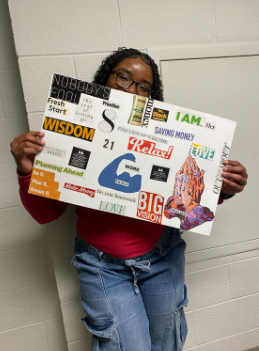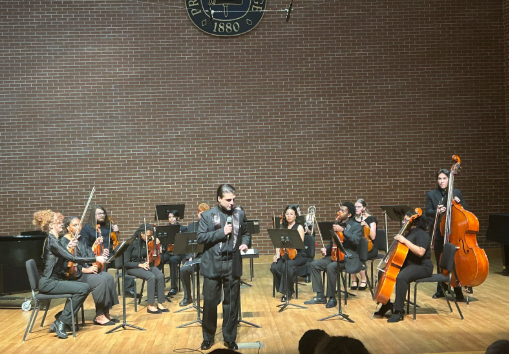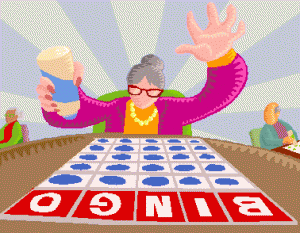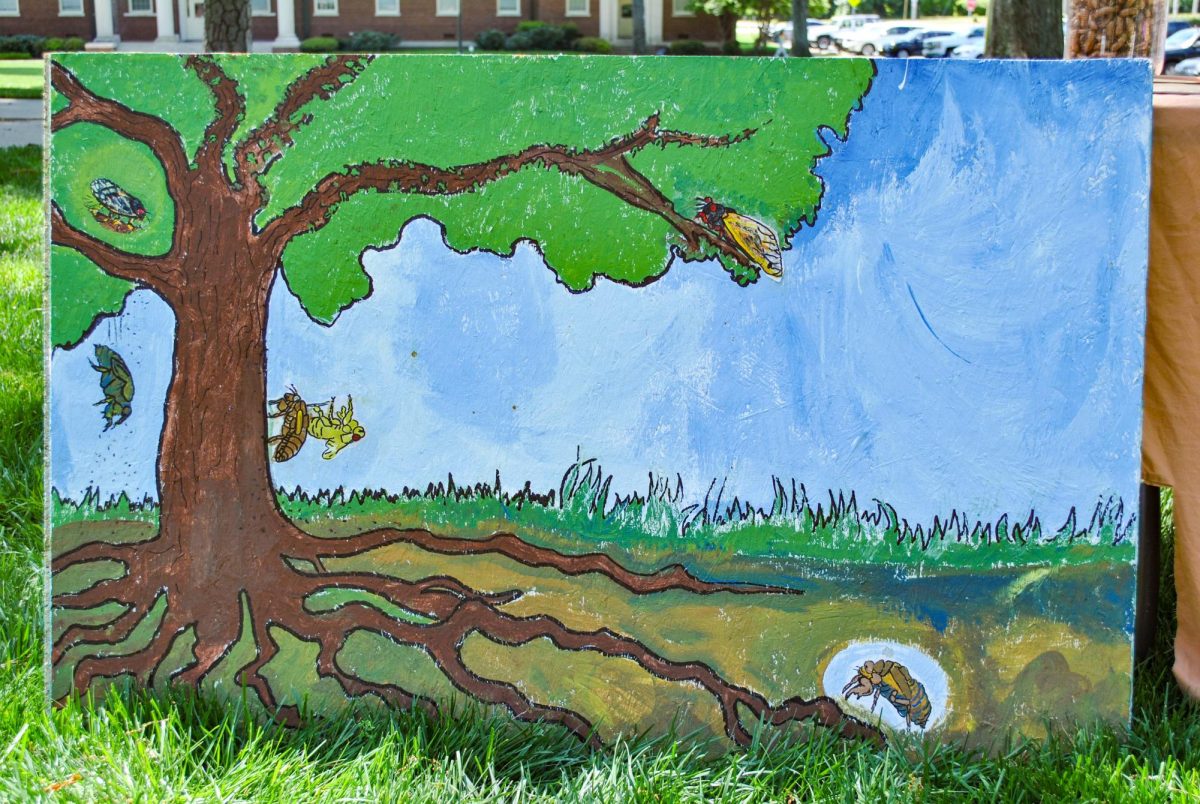Women’s History Month is an opportunity to explore all the roles that women have in society and how, in the past, they were prevented from achieving their full potential. In her lecture “Boisterous and Bold: Women in Higher Education,” given on March 6th at the Belk auditorium, Dr. Anita Gustafson shared the struggle of women throughout history to get to where they are today.
In the lecture, it was highlighted that there was limited access to education for women in the early history of the country, when at first it was primarily offered to “white women from property-owning families whose husbands and sons were eligible to vote.”
During the 20th century, women started having more broad options in terms of education. In the case of PC history, Gustafson shared that in 1883, PC’s first graduating class was made up of 3 women — Rebecca Boozer, Jessie Lee Copeland, and Florence Lee Jacobs, the daughter of founder William Plumer Jacobs. But neither of them were allowed to live on campus. “By 1915, there were only 11 students.”
Alice Benjamin wrote “On Being a Coed” in a 1932 edition of the PC Magazine, where she stated: “At the beginning of the year, we took seriously the masculine idea that boys know more than girls. We listened attentively when they opened to us their spacious minds. But it didn’t take us long to realize that masculine knowledge is mostly masculine bluff. Now we listen jubilantly and allow them to get what satisfaction they can from telling us things that we already know.”
By 1974, women made up about 35 percent of the student body, and although the percentage of women attending PC continued to grow, rules for women continued to be much more strict for women than for men. As expressed in the 1970 article in The BlueStocking entitled “Coeds Express Frustration,” women’s frustration with the dress code was vocal, and among other restrictions, more than 150 women signed a petition and wrote a letter to the paper that said:
“As women students at PC, we are concerned with the denial of our right to establish our own value system. The outdated dress code puts emphasis on creating the illusion of femininity while ignoring the more important concept of feminine behavior. We see no point in paying $2,375 a year to be told how to dress. Not only because it denies our individuality but also because it contradicts the fact that outward appearances should be secondary to inward character. We look forward to the day when PC will no longer stand for Presbyterian Convent, and the school will get down to the business of educating us rather than legislating morals.”
Gustafson finished by sharing her academic journey, and how she pursued college education in subjects of her liking against her father’s wishes. “Always show up” and “Remember you belong” were the closing statements that Gustafson shared with all attendees.






